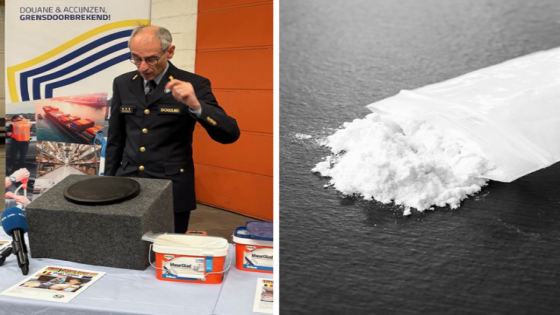Stephen K. Bannon, a former adviser to President Trump, pleaded guilty on February 11, 2025, in Manhattan criminal court to defrauding donors who contributed funds for a southern border wall. As part of his plea deal, he will receive a three-year conditional discharge and will avoid prison time if he does not commit further offenses.
- Stephen K. Bannon pleads guilty to fraud.
- Charges related to border wall donations.
- Receives three-year conditional discharge.
- Faced five felony counts initially.
- Maximum sentence could have been 15 years.
- Story is still developing and will update.
Bannon’s case stems from allegations that he misappropriated funds raised through the “We Build the Wall” campaign, which aimed to finance construction of a barrier along the U.S.-Mexico border. Initially charged with five felony counts—including money laundering and conspiracy—his plea agreement significantly reduced his potential sentence.
Key details include:
- Bannon faced serious charges with maximum penalties ranging from five to fifteen years.
- The conditional discharge allows him to avoid incarceration if he complies with legal stipulations over the next three years.
This development marks a significant moment in Bannon’s ongoing legal challenges. His involvement in fundraising efforts has drawn scrutiny amid broader discussions regarding financial transparency and accountability among political campaigns. The outcome reflects both the legal consequences of such actions and the complexities surrounding political fundraising practices.
Bannon’s guilty plea highlights critical issues around donor trust and transparency within political movements. While he avoids prison time now, this case serves as a reminder of the potential repercussions for those involved in financial misconduct related to political campaigns.
































